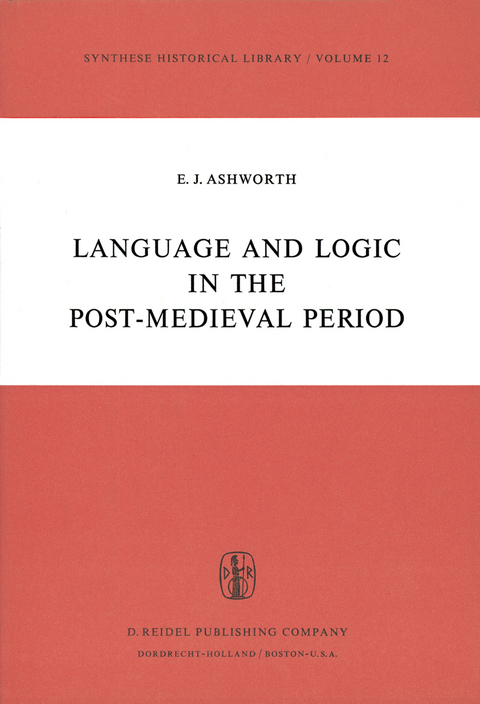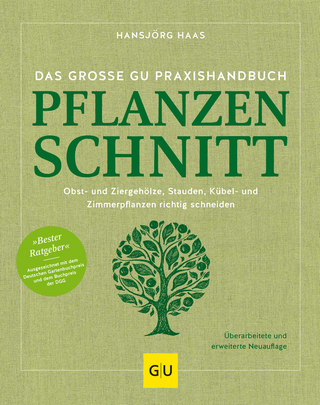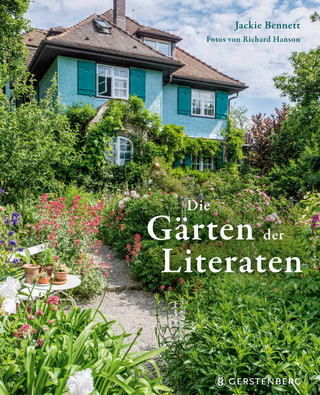
Language and Logic in the Post-Medieval Period
Springer (Verlag)
978-94-010-2228-6 (ISBN)
I/Historical Introduction.- 1. The Publication of Medieval Works.- 2. Scholasticism in Italy and Germany.- 3. Scholasticism in France and Spain.- 4. Humanism.- 5. Rudolph Agricola and His Influence.- 6. Petrus Ramus and His Influence.- 7. Seventeenth Century Logic: Eclecticism.- 8. Humanism and Late Scholasticism in Spain.- 9. Other Schools of Logic.- 10. A Note on Terminology.- II/Meaning and Reference.- I. The Nature of Logic.- II. Problems of Language.- II. Supposition Theory.- III. Semantic Paradoxes.- III/Formal Logic. Part One: Unanalyzed Propositions.- I. The Theory of Consequence.- II. Propositional Connectives.- III. An Analysis of the Rules Found in Some Individual Authors.- IV/ Formal Logic. Part Two: The Logic of Analyzed Propositions.- I. The Relationships Between Propositions.- II. Supposition Theory and Quantification.- III. Categorical Syllogisms.- Appendix/Latin Texts.- 1. Primary Sources.- 2. Secondary Sources on the History of Logic 1400–1650.- Index of names.
| Reihe/Serie | Synthese Historical Library ; 12 |
|---|---|
| Zusatzinfo | XV, 309 p. |
| Verlagsort | Dordrecht |
| Sprache | englisch |
| Maße | 155 x 235 mm |
| Themenwelt | Sachbuch/Ratgeber ► Natur / Technik ► Garten |
| Geisteswissenschaften ► Geschichte | |
| Geisteswissenschaften ► Philosophie ► Logik | |
| Geisteswissenschaften ► Philosophie ► Philosophie des Mittelalters | |
| ISBN-10 | 94-010-2228-3 / 9401022283 |
| ISBN-13 | 978-94-010-2228-6 / 9789401022286 |
| Zustand | Neuware |
| Haben Sie eine Frage zum Produkt? |
aus dem Bereich


